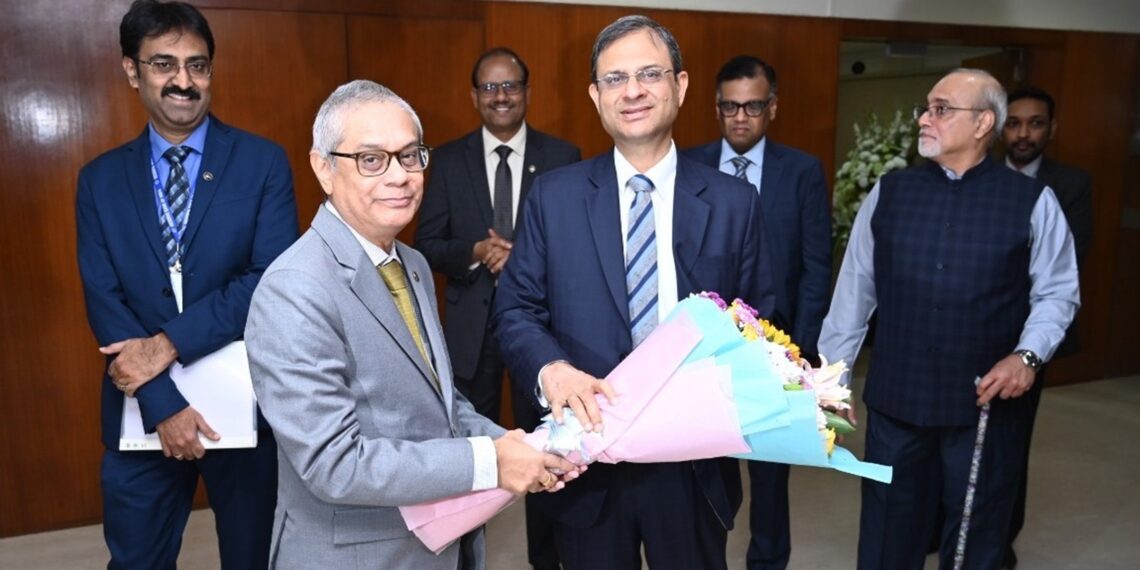Sanjay Malhotra officially assumed office on Wednesday as the 26th Governor of the Reserve Bank of India (RBI), marking a significant transition in the leadership of the central bank.
The seasoned bureaucrat was welcomed at the RBI headquarters by senior officials, heralding the start of his tenure during a period of notable economic challenges and strategic importance.
The central bank confirmed Malhotra’s appointment with a post on the microblogging platform “X,” sharing photographs that captured the moment.
His leadership comes at a pivotal time for the Indian economy, as the nation grapples with slowing growth and persistent inflationary pressures.
Aged 56 and an alumnus of Princeton University, Malhotra brings an impressive academic and professional pedigree to the role.
Having spent decades in public service, he has built a reputation as an effective administrator and policymaker.
His direct transition from the Finance Ministry to the RBI—the first such move since Duvvuri Subbarao’s tenure—has drawn considerable attention within financial and government circles.
Malhotra steps into his position against the backdrop of complex economic circumstances, with debates ongoing between the central government and the RBI regarding monetary policy and interest rates.
His leadership will be critical in managing the balance between fostering economic growth and controlling inflation while ensuring financial stability.
Observers see Malhotra’s appointment as a strategic effort to enhance coordination between fiscal and monetary policies, a crucial need given the current global and domestic economic uncertainties.
His ability to steer the RBI through these challenges will be closely watched by stakeholders across the financial spectrum.
As he takes the helm, expectations are high for a proactive and balanced approach to monetary policy.
Malhotra’s focus is likely to centre on addressing inflation, promoting sustainable economic growth, and strengthening the resilience of India’s banking and financial systems.
His decisions in the coming months will significantly influence the trajectory of the nation’s economic narrative.















